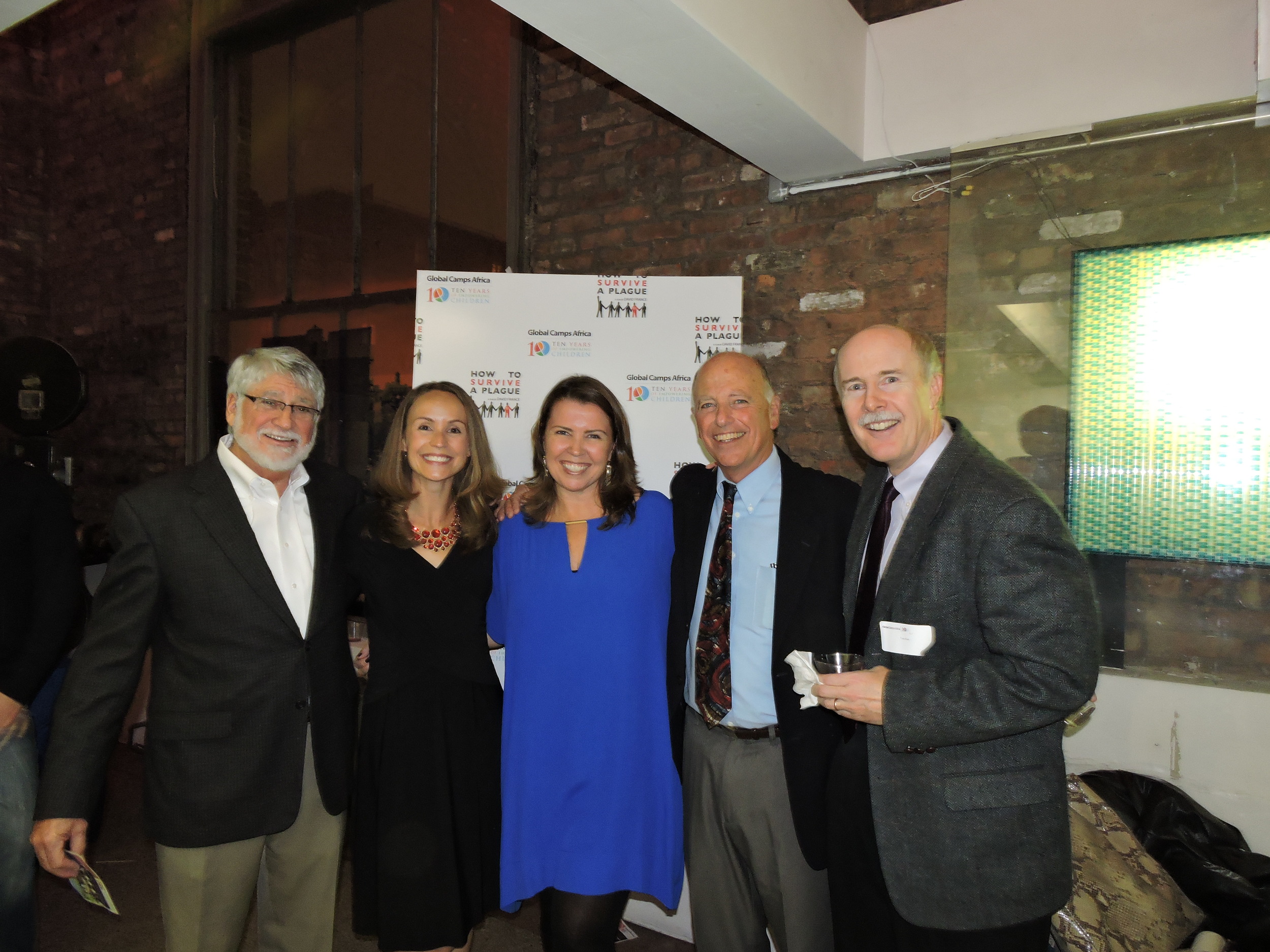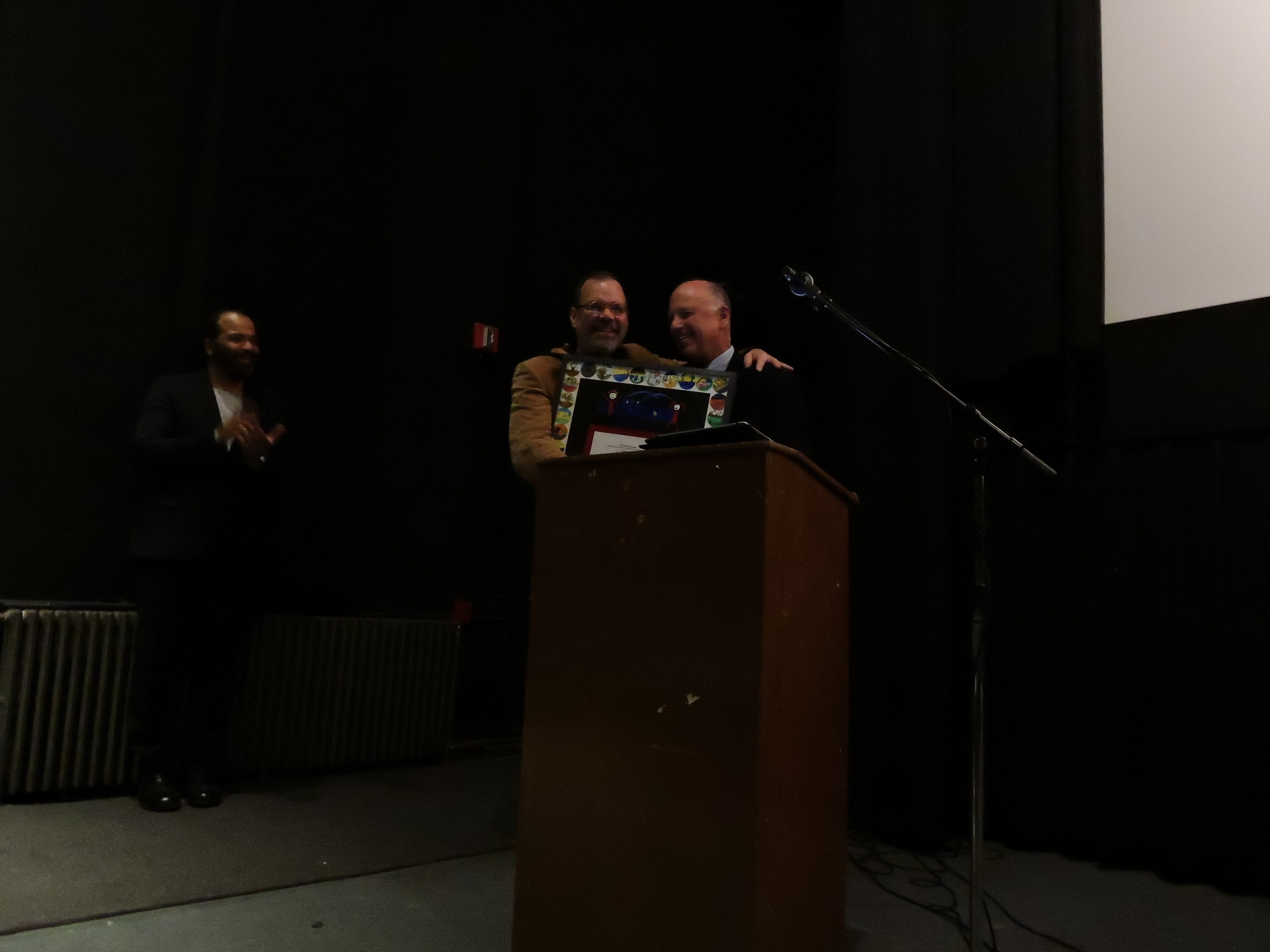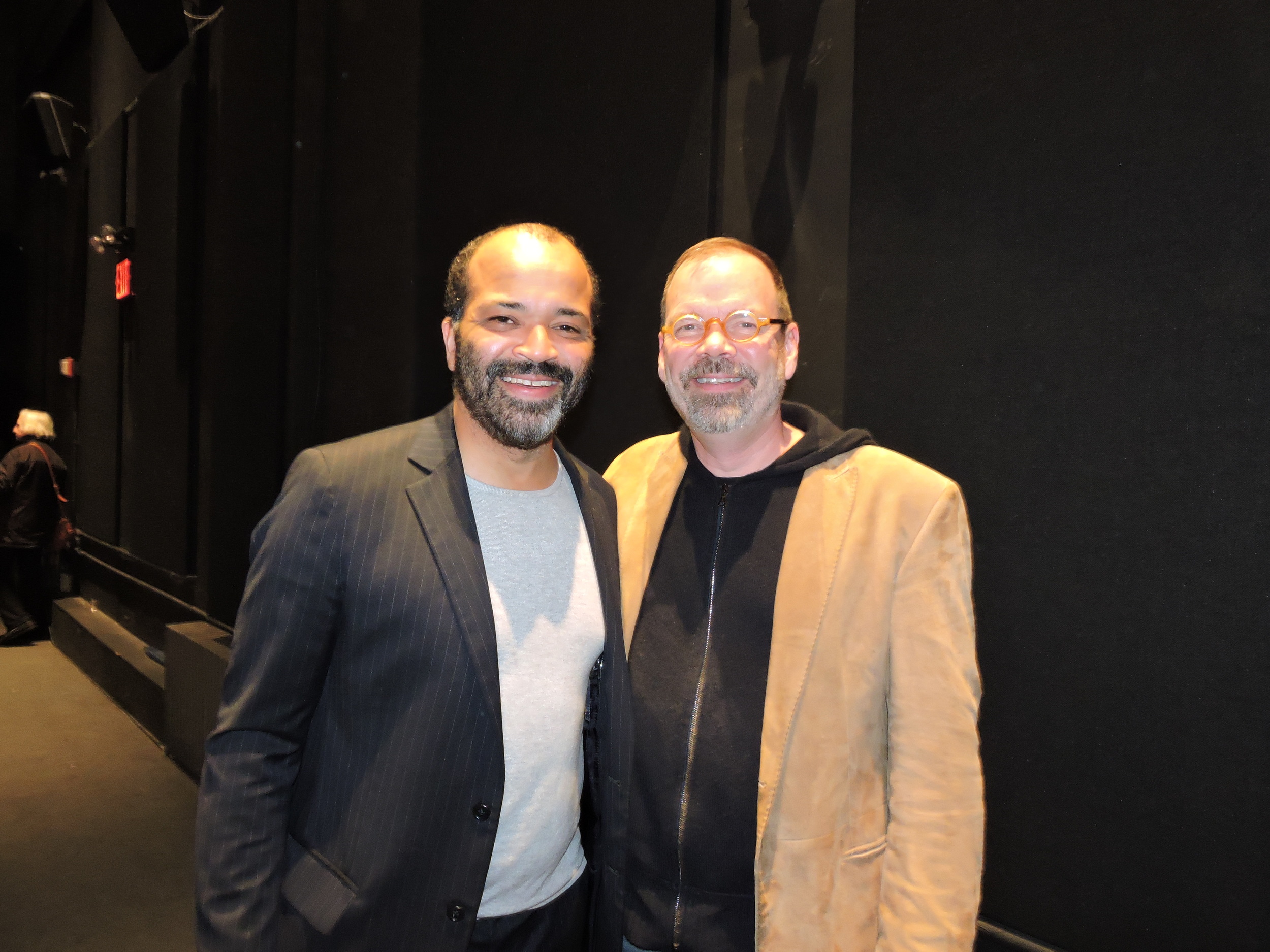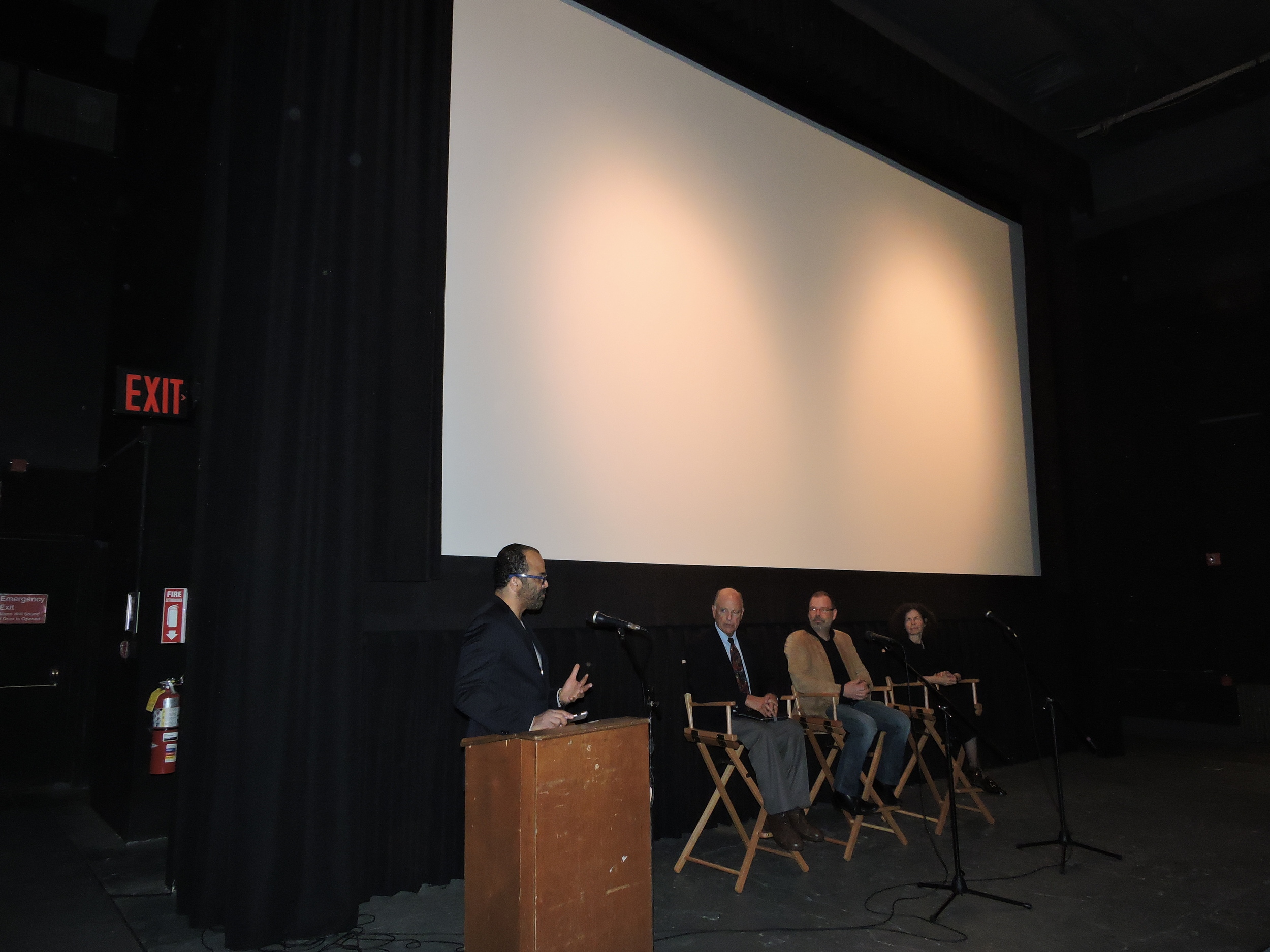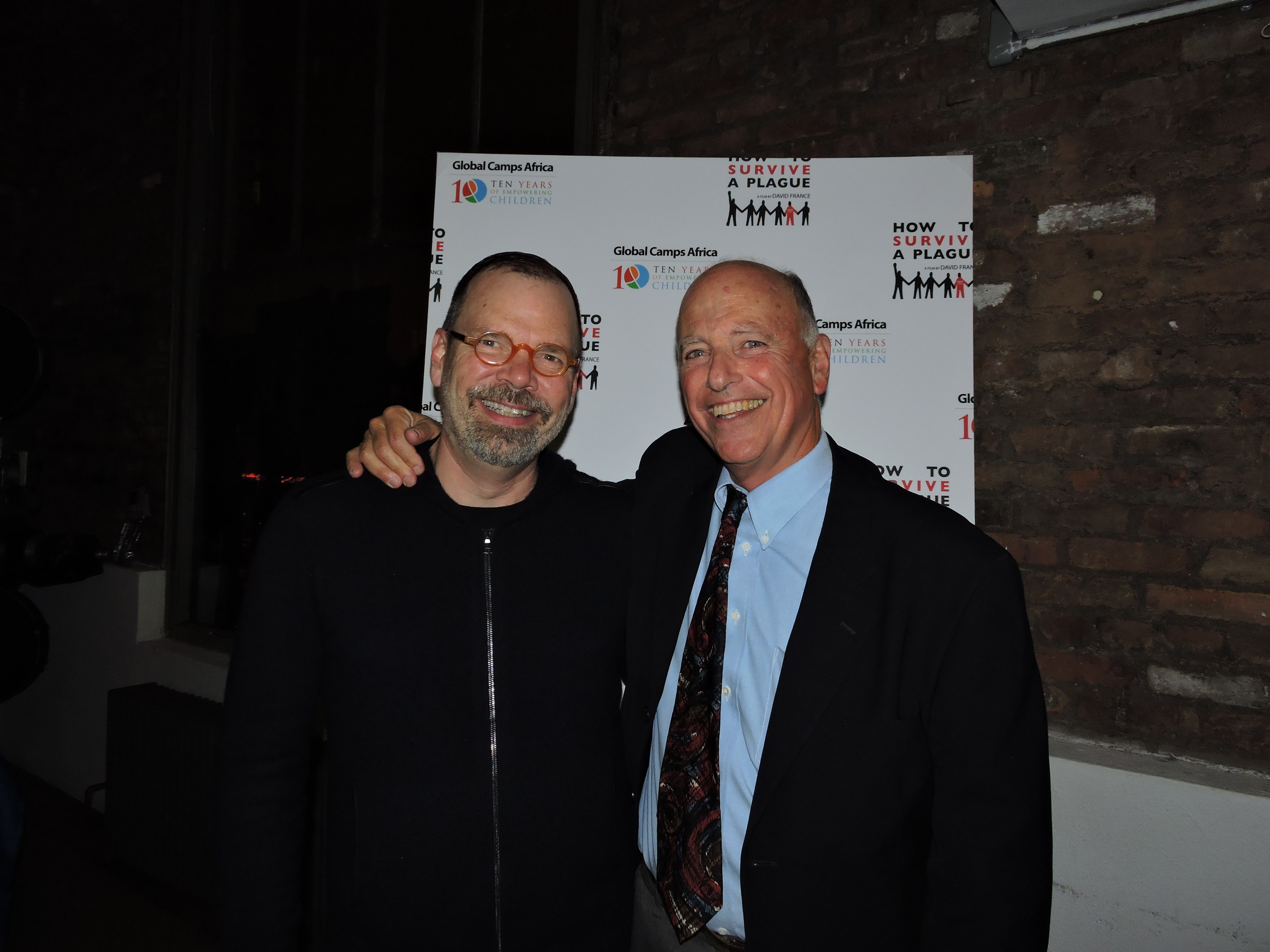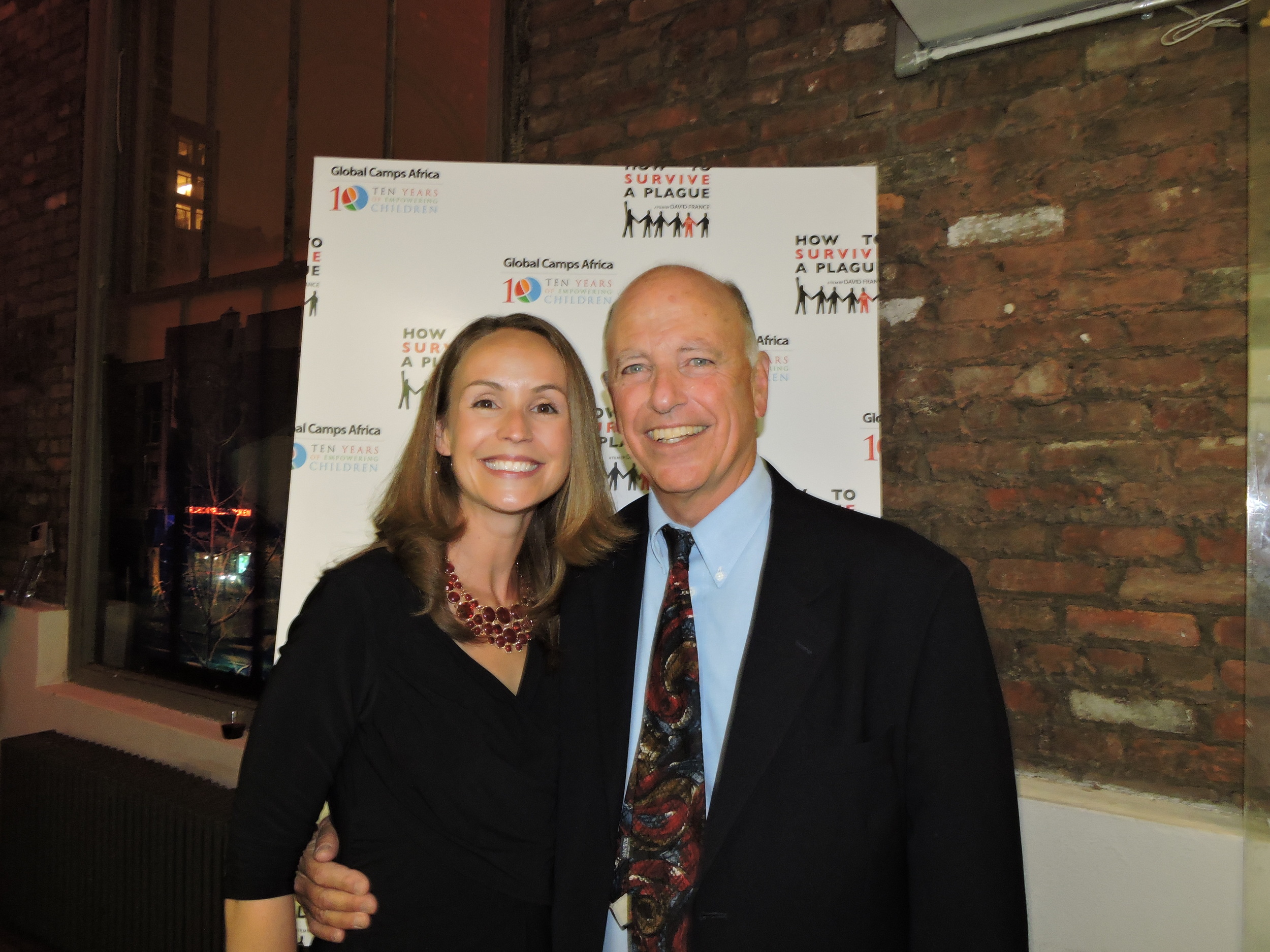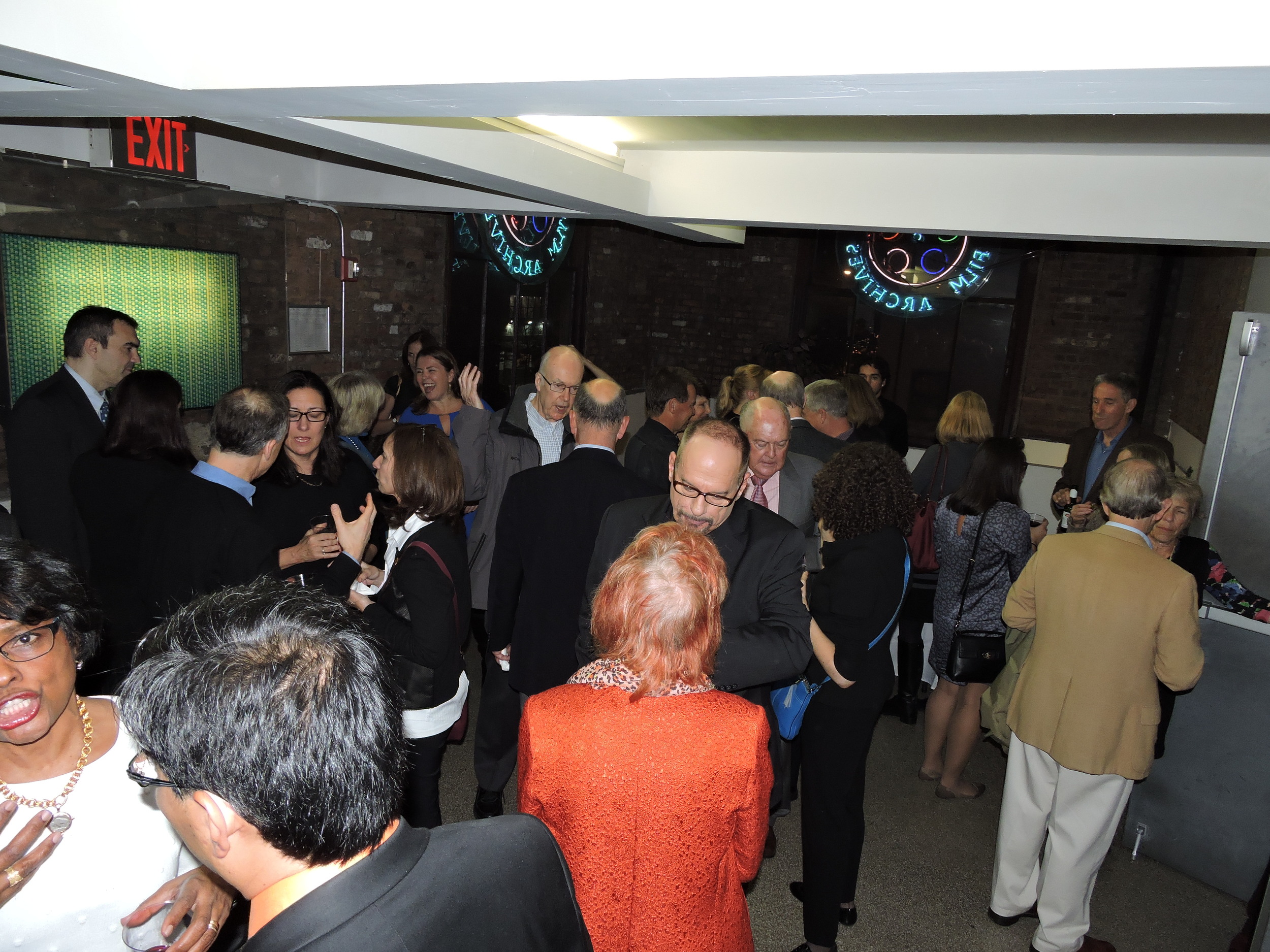Five-Year Evaluation Report: The Sizanani Effect
Executive Summary
This report documents the results of a five-year process of monitoring and evaluation of twelve sessions of Camp Sizanani and includes a synopsis of the program evaluation methodology, description of the intervention, the camper context and background, snapshots of the evaluation results for twelve camp sessions, and recommendation for future implementation and evaluation.
The Intervention: Wrap HIV/AIDS prevention-education in fun and games, combine it with caring adults trained to help weave together threads of new information, feelings of insecurity, and the realities of children’s daily struggles, and you have a powerful intervention known as Camp Sizanani Campers participate in program activity areas including life-skills, nutrition, arts and crafts, theater, sports and adventure, and usually swimming.
The Evaluation Methodology: Campers at Sizanani completed a self-report pre-test and post-test questionnaire designed to assess Knowledge, Attitudes and Beliefs about HIV/AIDS as well as a questionnaire to document resilience, locus of control and sense of hope and risky behaviors among campers. In addition, campers were asked on the first day to write what they hoped to learn during the camp in the program activity areas (life-skills, nutrition, arts and crafts, theater, sports and adventures, and usually swimming). On the last full day of programming, campers were asked to write what they had learned in the same program areas.
The Results: When the pre-test and post-test evaluation results are compared, important statistically significant gains were made during camp. In addition, the gains were demonstrated across different camp sessions demonstrating program fidelity in delivery, meaning that Camp Sizanani had a statistically significant impact among youth campers on almost all of the measures during each of the camp sessions. In addition, the demographic data documents that the target population that is being served is exposed to and partaking in risky behavior. At the end of the camp, campers showed increased scores on sense of hope, resilience towards life, as well as locus of control. In addition, HIV knowledge scores were significantly increased. HIV-related stigma beliefs and disclosure concerns were significantly decreased.
Recommendations: The program delivery method is working to achieve overall goals. The results regarding change in sense of hope, resilience and locus of control are particularly heartening in that these psychological measures are difficult to measure in a short period of time. There is a need to focus and improve the delivery and retention of HIV Knowledge specifically related to commonly held myths in the culture. Based on the responses to the open-ended questions by campers, the “Sizanani Effect” is more than program activities and HIV prevention education. It is about powerful connections made by campers that their actions can affect their futures and that they can form relationships with caring adults who can be role models for them. Camp Sizanani and the follow-up Youth Clubs empower youth to believe in themselves and have hope for their futures.
The Conclusion: Camp Sizanani is making a positive impact on the lives of the youth who attend camp.
Conclusion
Overall, the result of comparing pre-test and post-test evaluation documents over the five-year monitoring period shows important gains made during camp. In addition, the gains were demonstrated across different camp sessions demonstrating program fidelity in delivery that Camp Sizanani had a statistically significant impact among youth campers on almost all of the measures during each of the camp sessions. In addition, the demographic date documents that the target population that is being served are exposed to and partaking in risky behavior.
At the end of the camp, campers showed increased scores on sense of hope, resilience towards life, as well as locus of control. In addition, HIV knowledge scores were significantly increased. HIV-related stigma beliefs and disclosure concerns were significantly decreased.
There is a need to focus and improve the delivery and retention of HIV Knowledge specifically related to commonly held myths in the culture. An improvement in 45% of the campers on this one scale can be improved. In addition, the gains in perspective on HIV testing are important to note. Given the strong results for sense of hope and locus of control, the reduction in stigma perceptions is strong evidence of the ability to be resilient in difficult circumstances.
The results regarding change in campers' sense of hope, resilience and locus of control are particularly heartening in that these psychological measures are difficult to measure in a short period of time, yet when change is found it is linked to the ability to implement the new knowledge gained. Based on the responses to the open-ended questions by campers, the “Sizanani Effect” is more than program activities and HIV prevention education. It is about powerful connections made by campers that their actions can affect their future and that they can form friendships with caring adults who can be role models for them. Sizanani and the follow-up Youth Clubs give youth something to believe in: themselves and their future. Remember the power of swimming, “people can help others do impossible things”. When one looks to a future without HIV/AIDS, Sizanani is helping make progress toward what for now might feel impossible.
6/3/15 Respectfully submitted by:
Dr. Su-I Hou, Associate Professor, College of Public Health, University of Georgia
Dr. Hou is a leading researcher in HIV/AIDS preventive research (among late adolescents and young adults, ethnic minority groups, and older adults) as well as eHealth communication and promotion (particularly among middle and older age adults).
Dr. Gwynn Powell, Associate Professor, College of Health and Human Development, Clemson University. Dr. Powell is an expert in international youth camp program development and staff training pedagogy.
References
Brandwein, M. (2008). Training Terrific Staff (Vol 2.). Brandwein. Lincolnshire: IL.
Duttweiler, P.C. (1984). The Internal Control Index: A newly developed measure of locus of control. Educational and Psychological Measurement. 44: 209-221.
Snyder, C.R., Sympson, S.C., Ybasco, F.C., Borders, T.F., Babyak, M.A. and Higgins, R. L. (1994). Development and validations of the state of hope scale. Journal of Personality and Social Psychology. 70 (2). 321-35.
Wagnild, G. M., and Young, H. M. (1993). Development and psychometric evaluation of the resilience scale. Journal of Nursing Measurement, 1, 165-178.
Sign up for AIDS walk New York May 17, 2015
Join us in the biggest single-day fundraiser for HIV/AIDS on May 17th in New York. In the past thirty years, AIDS Walk New York has raised millions of dollars to support prevention, care, and advocacy programs for HIV/AIDS-affected men, women, and families. The 30th Annual AIDS Walk New York will benefit not only organizations in the New York area, but also groups like Global Camps Africa that participate through the Community Partnership Program.
Global Camps Africa’s team members have already raised over half of our goal! Join us by registering at https://ny.aidswalk.net/Team/View/5139/Global-Camps-Africa-0565 and invite your friends by sharing our social media posts about the event. Can’t make it? Support Team Global Camps Africa with a donation to help us reach our goal and send 6 more HIV-affected children to Camp Sizanani and a year of Youth Clubs.
Beginning and ending at Central Park, the walk will be 10 kilometers long. The day will begin at 8:30 AM with check in at 59th Street and 5th Avenue. Afterwards, there will be an opening ceremony at 9:15 AM. The AIDS Walk will begin at approximately 10:00 AM, and should take about 2.5 hours to complete. For more information on parking and directions, please visit https://ny.aidswalk.net/Day-of-Event-Info.
Purchase tickets to 'Spreading the News' at the Newseum
'Spreading the News' is sponsored by:
For the past 10 years Global Camps Africa has changed the lives of South Africa's vulnerable children and youth by providing HIV/AIDS prevention education and training through high-impact residential and day camp experiences.
This dynamic and powerful organization continues to grow. We served 461 campers in 2012; 618 campers in 2013; and in 2014, 982 campers grew from the Camp Sizanani experience. Nearly 7,000 youth have attended Camp Sizanani with over 1,400 at-risk children attending the bi-weekly follow up Youth Clubs program in 2014 alone.
On April 25, you can make news, too, by joining us and special guest, Sheryl WuDunn, the first Asian-American reporter to win a Pulitzer Prize. She co-authored the #1 New York Times best seller Half the Sky and A Path Appears: Transforming Lives, Creating Opportunity with her husband, Nick Kristof. She will join us at the Newseum and will help us give young people hope, goals, and skills they never knew they could have.
The Newseum
555 Pennsylvania Ave. NW
Washington D.C. 20001
Catered by Wolfgang Puck's The Source
Purchase your tickets or sponsorship package today!
How to Survive a Plague Screening a Success
Over 100 people joined Global Camps Africa in New York City at the Anthology Film Center on Thursday evening, November 6th, 2014, to view the screening of How to Survive a Plague.
The film, which chronicles the heroic activists in the 1980s that helped make HIV/AIDS into a manageable disease by fighting for better treatment, was warmly received and the audience was excited to ask engaging questions to our esteemed panelists. Led by moderator, Jeffrey Wright, and joined by expert panelists, Director David France, Dr. Jessica Justman, and Founder of Global Camps Africa, Phil Lilienthal, the group discussed a variety of topics with the audience that evening.
The discussion began with thoughts about the film and the surprising activism that took place in New York at a time when support for AIDS was not what it is today. There was a lively conversation about the current effects of Ebola and many of the parallels to a similar response by the public that the documentary portrayed.
The complex challenges of dealing with infectious diseases with significant stigmas that can create large scale fears throughout the world are issues that have been a part of the work that Global Camps Africa has done for the last 10 years. Phil Lilienthal spoke about camp and the importance of fighting these diseases with those who can be the most affected by intervention in the country that has the largest number of HIV/AIDS infected people in the world.
The evening was a tremendous success and Global Camps Africa would like to thank everyone who attended to make the event possible. Special thanks goes out to David France, Public Square Films, Bill Haworth & Sam Estep, Jeffrey Wright, Integrated Strategies, Ginger McGuire, IFC Films and Dr. Jessica Justman.
Join us for our screening and expert panel discussion about Ebola and AIDS
Moderated by Jeffrey Wright. A public service announcement recently produced by Wright during the Clinton Global Initiative features national and international figures, including Idris Elba, Alicia Keys, Nobel Peace Prize winner Leymah Gbowee, Forest Whitaker, and Partners in Health's Dr. Paul Farmer. This PSA reminds viewers that although Ebola remains a threat, many do survive with adequate treatment and care. Wright currently spearheads a major campaign, Ebola Survival Fund (#CrushEbolaNow) in association with Partners in Health, focused on stemming the Ebola outbreak in West African countries most affected by the virus.
Known most recently for his critically acclaimed work in The Hunger Games and Boardwalk Empire, Wright received a Tony Award® in 1994 for his performance in Tony Kushner's Angels in America, and later reprised his Angels role for HBO that earned him both Golden Globe and Emmy® awards.
Expert Panel:
Dr. Jessica Justman is an associate professor of medicine in epidemiology at Columbia University and has over two decades of experience as an infectious diseases specialist and a leading researcher on domestic and international HIV prevention. She is the senior technical director at ICAP and oversees all technical assistance, clinical and training, monitoring and evaluation, and health systems strengthening activities for ICAP’s HIV prevention, care, and treatment programs.
Gregg Gonsalves, is a Research Scholar in Law and Lecturer in Law at Yale Law School, the co-director of the Global Health Justice Partnership, and a leading HIV/AIDS activist. He is founder of the International Treatment Preparedness Coalition, which advocates for AIDS and TB treatment for all who need it, and a member of the Global HIV Prevention Working Group convened by Bill and Melinda Gates to assess HIV prevention research and programs internationally.
David France Director/Producer France is an award-winning journalist and New York Times best-selling author, who has been writing about AIDS since 1982, and today is one of the best-known chroniclers of the epidemic. Hailed by The New York Times as “a model for the here and now of how social change occurs”, the film is on the top 10 lists of over twenty major publications across the nation earning 12 nominations and seven wins during the 2012 - 2013 film season, including a nomination for Best Documentary Feature at the 85th Academy Awards®.
Phil Lilienthal, activist founder and president of Global Camps Africa, a nonprofit whose mission is to empower children for an AIDS-free tomorrow. These children are affected by many kinds of violence and have been affected by the HIV crisis in Soweto Township. Phil’s 8-day camps and the follow-up biweekly sessions provide a way for the children to see hope for their future.








